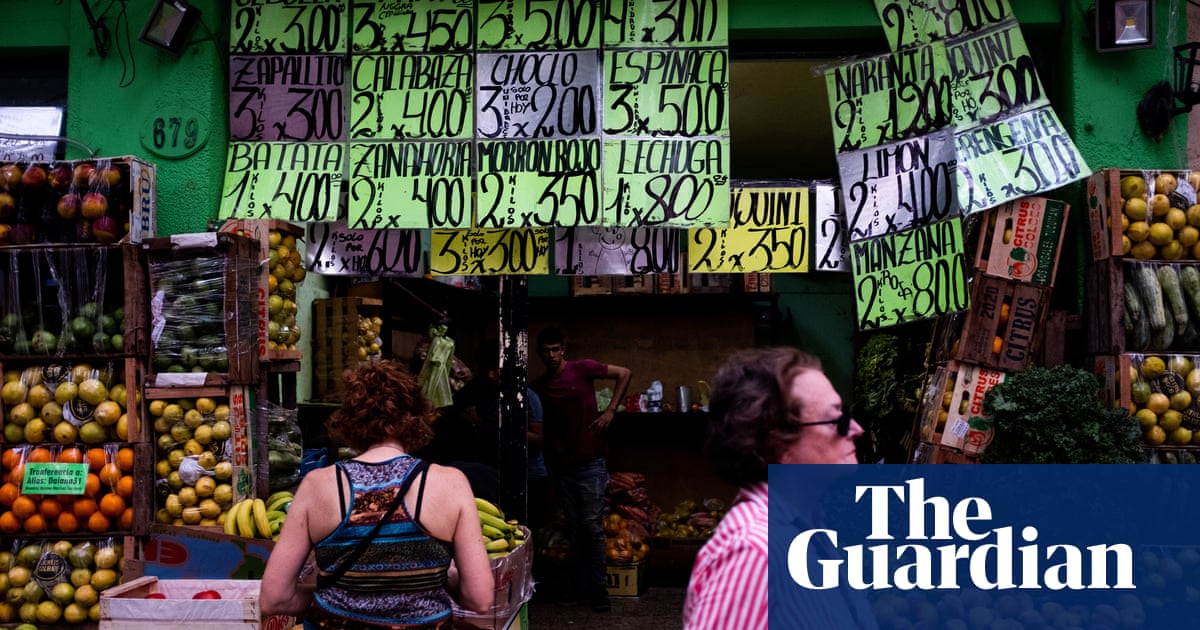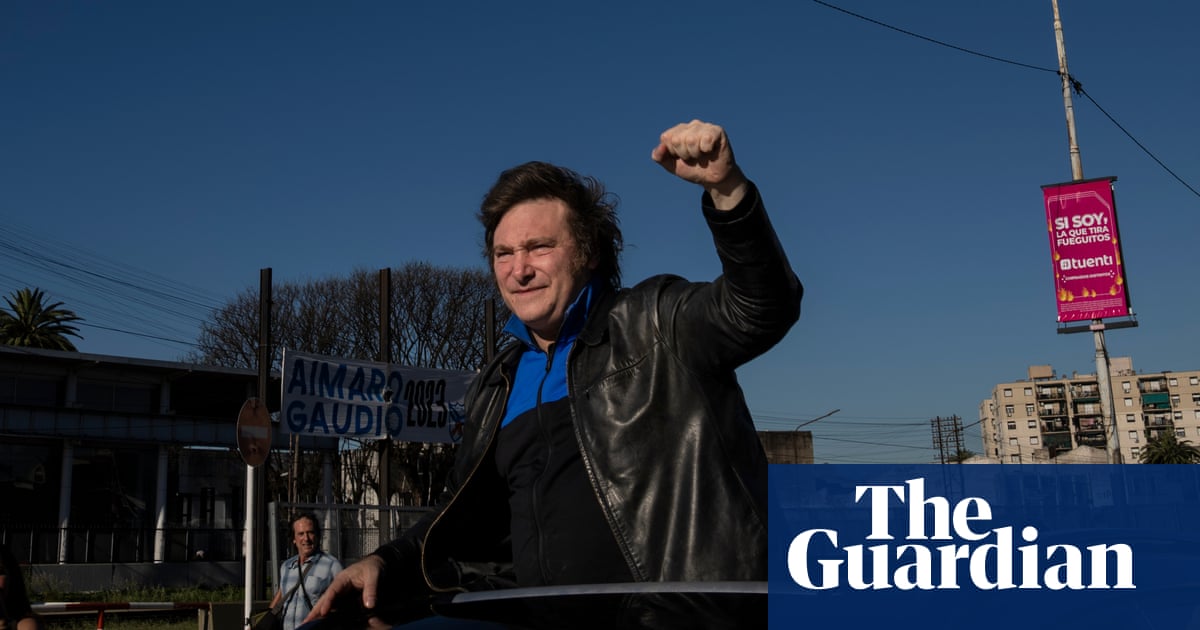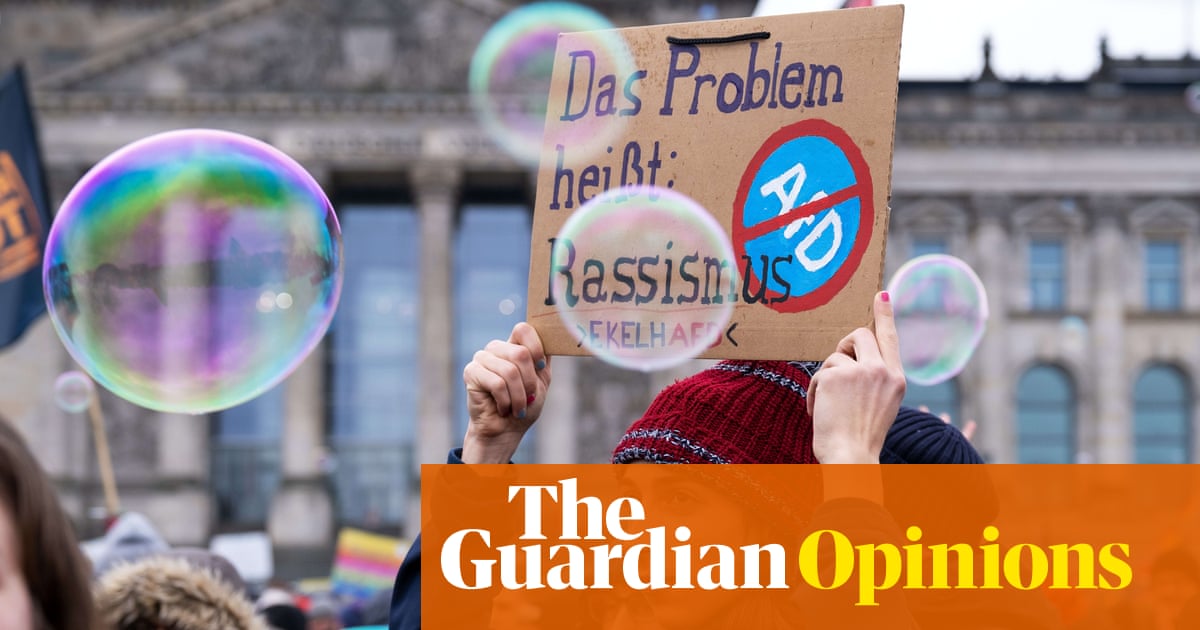
It’s 10pm on a weeknight in Palermo, Buenos Aires, and business in the Nuevo D’accordo restaurant is booming.
There are families savouring juicy steaks, a man sitting alone with a large bowl of spaghetti, a group of lads in football gear drinking beer. In a short while, six people came to pick up takeaway orders.
But it doesn’t take much effort to see the devastating effect that one of the highest inflation rates in the world – close to 140%, according to the latest official figures – is having on daily life in Argentina.
Prices on the menu are written on stickers which can be peeled off and replaced; it makes it easier to update them – at least once a week, and sometimes more, the manager says. The same happens in most restaurants and shops.
“We update prices every week,” says Manuel, who owns a vegetable and fruit stand in a local market. “Tomatoes were $1,000 a kilo last week and now they are $2,000. It’s like trying to do magic to get to the end of the month. I don’t know what is going to happen, but something has to change.”
Such feelings help explain the dramatic rise of Javier Milei, the libertarian outsider who is within reach of victory in Sunday’s presidential runoff election.
Milei, a self-described anarcho-capitalist who admires Donald Trump and Jair Bolsonaro, has proposed closing Argentina’s central bank, slashing government spending, dollarizing the economy and privatizing the pension system.
During the final presidential debate on Sunday, he suggested that private companies should take the lead on negotiating Argentina’s international trade deals, instead of the government.
His unorthodox proposals have proved appealing to many voters, especially those who believe Milei’s opponent – the current economy minister, Sergio Massa – is implicated in the country’s economic malaise. Polls suggest the vote is too close to call.
Marcos Callorda, 41, who works in digital marketing, says he is voting for Milei because he is looking for new solutions. “What I like about Milei’s proposals is that they are different from the economic policies we have had over the last 20 years, which have resulted in shameful levels of high poverty, marginalization and inflation and have made everyone poorer. The fact that he is coming up with something different is enough for me to follow him.”
Pablo Gómez, a 52-year-old locksmith, says: “I agree with his proposal to close the central bank and the dollarization because that way politicians would not be able to print more money to then misspend. I also like his proposal to lower taxes, to help businesses like mine.”
But Milei’s critics warn that his proposals risk inflicting more pain on ordinary Argentinians. Earlier this month a group of more than 100 leading economists including France’s Thomas Piketty, India’s Jayati Ghosh, the Serbian American Branko Milanović, signed an open letter warning that his plans would create yet more economic “devastation”.
“While apparently simple solutions may be appealing, they are likely to cause more devastation in the real world in the short run, while severely reducing policy space in the long run,” warned the letter.
On the campaign trail Milei has brandished a chainsaw to symbolize his desire to slash spending. But more than half of the population rely on relatively generous social welfare payouts and subsidies.
“Deregulation always hurts the working classes more, so I think a Milei victory could cause much more damage,” Joaquín González, 42, an architect from central Córdoba, told Reuters.
Massa, meanwhile, has promised to renegotiate Argentina’s debt with the International Monetary Fund (the highest in the world), promote an increase in exports and lower taxes for small businesses.
But whoever wins on Sunday will be under immense pressure to find a solution for Argentina’s economic woes.
Extremely high inflation means money quickly loses its value but with salaries hardly keeping up – and among the lowest in Latin America – people who have cash are forced to find ways to make it count, including by spending it in restaurants and bars.
“The city becomes alive at the start of the month and then it slows right down, it’s very noticeable,” says Rafael Alberto, 50, who moved to Argentina from Venezuela in 2016 to escape the economic and political crisis there. He now drives an Uber in the evenings to supplement what he makes as a manager at a cleaning company.
Even though Argentina’s official currency is the Argentinian peso, the economy relies heavily on the US dollar (most high-value purchases, such as property, are made in dollars). The country has 15 exchange rates, which range dramatically – from about 360 pesos per dollar (the official rate) to nearly 1,000 pesos per dollar on an unofficial rate that is the most generally used.
Economists say that this is one of the factors that make manufacturing and importing goods expensive, which in turn has created a situation in which prices bear little relation to one another. A pair of imported trainers, for example, can cost as much as the monthly rent of a studio flat.
Many see Milei’s proposals to replace the peso with the US dollar as a way to cut through the confusion, although economists note that previous experiments with dollarization – in Ecuador in 2000 and El Salvador in 2001 – have had mixed results.
In October the Argentinian peso crumbled against the dollar after Milei urged Argentinians not to renew their fixed-term savings accounts and sell their pesos (which he described as a “shitty” currency) and buy US dollars.
In an effort to control prices, the government has implemented policies including establishing a list of basic products at low prices and discount programmes. These, combined with a complex web of offers that apply to different locations on different days of the week as well as wide price variations between shops – even a few meters apart – make basic food shopping an intricate art.
“Today, the best thing you can do is to buy in wholesale stores at the start of the month, with a credit card and pay it 30 days later. That way you can beat inflation by at least 10 or even 15 points,” says Mauricio Rodríguez, 52, who owns a small chain of corner shops in greater Buenos Aires.
As elsewhere in Latin America, the economic crisis in Argentina is further deepening inequality. According to official figures, 40% of the country is living under the poverty line, making less than 320,000 pesos (US$320, under the unofficial exchange rate) for a family of four with two young children.
Griselda Quipildor, 46, who lives in Merlo, a marginalized area of greater Buenos Aires, with her husband, her two daughters, son-in-law and two grandchildren. Every month, they pool what they make in their informal jobs in shops and cleaning houses to buy food.
“This year, everything went to shit. Before we used to buy food every day, now we go to a wholesaler and try and get what we need for the month before prices go up. Prices are changing daily. Many products are not even available, it’s been hard to find sugar, oil, flour, some brands of pasta or rice and no one can explain to me why.”
Argentinians are no stranger to economic woes. Over the last few decades, the country has gone through cycles of economic prosperity and deep recessions, including hyperinflation.
With the presidential race coming to an end, expectations are running high.
“I’m afraid we are heading towards a bigger disaster, but Argentina is used to living among disasters,” says Mauricio Rodríguez, the shop owner. “Expectations are low, but we have a beautiful country with incredible people, so I never lose hope.”












